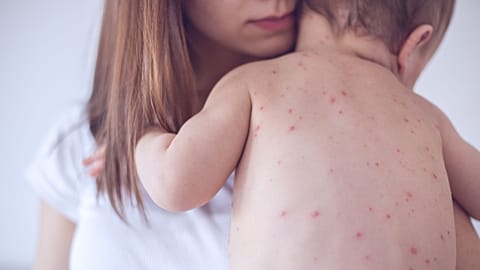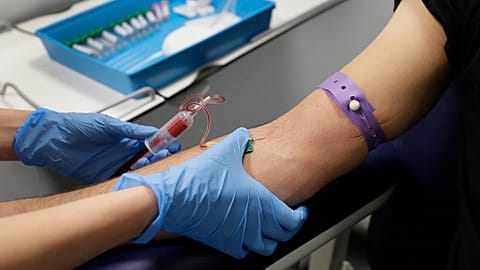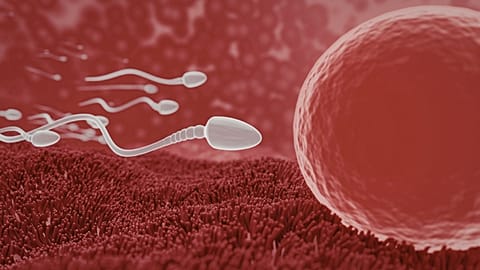An estimated one in six people worldwide experience infertility at some point in their lives.
Infertility is an “overlooked” public health challenge and countries should do more to prevent, diagnose, and treat it, the World Health Organization (WHO) said on Friday.
 ADVERTISEMENT
ADVERTISEMENT
 ADVERTISEMENT
ADVERTISEMENT
About one in six people worldwide experience infertility at some point in their lives. It is considered a reproductive disease affecting both men and women that can be identified after one year of regular unprotected sex that does not result in pregnancy.
While demand for fertility care is growing worldwide, the WHO said access to care remains severely limited. In many countries, people spend heavily on tests and treatments, which can be financially “catastrophic,” the agency said.
It said that in some countries, a single round of in vitro fertilisation (IVF) can cost twice as much as the average household’s annual income.
Infertility can also cause mental health problems and social stigma that disproportionately affect women, the agency said.
“Infertility is one of the most overlooked public health challenges of our time and a major equity issue globally,” WHO chief Dr Tedros Adhanom Ghebreyesus said in a statement.
“Millions face this journey alone – priced out of care, pushed toward cheaper but unproven treatments, or forced to choose between their hopes of having children and their financial security,” he added.
In its first guidance on the topic, the WHO called on countries to expand access to fertility care and “promote the right of every individual and couple to decide” if they want to have children, as well as how many and when.
The new guidance says health officials and doctors can help prevent infertility by making people aware of factors that can raise the risks, such as smoking or not treating sexually transmitted infections (STIs).
It also called for prompt diagnosis for both men and women, and said people grappling with infertility should have access to treatments – beginning with the cheapest, most effective options – and mental health support.
The guidance comes as patients face barriers to accessing fertility care worldwide. In Europe, Belgium and the Netherlands score best on legal regulations, public funding, and patient perspectives on infertility care, according to an annual ranking from the advocacy group Fertility Europe and the European Parliamentary Forum for Sexual and Reproductive Rights (EPF).
Albania, Azerbaijan, and Kosovo score worst among 49 countries in Europe, the report found last year.
Notably, the new WHO guidance is not comprehensive. It said it plans to make additional recommendations in future versions of the guidance.
“We encourage more countries to [adopt] this guideline, giving more people the possibility to access affordable, respectful, and science-based care,” Tedros said.

















